Mariam’s Journey – Surviving Domestic Violence
Mariam called Nisa Homes at 10 PM after having spent a night at a friend’s house, after which her friend’s husband said she couldn’t stay any longer. Mariam spent the next night at a motel with the money she had left. Tonight, she had no place to go.
After coming to Nisa Homes and settling in, she shared her story about her abusive husband who forced her out of her own house. She was afraid and didn’t want to tell anyone about the abuse, not her friends, family, or coworkers; mainly because of the negative repercussions she experienced whenever she did share an incident or seek help. Her friends and family told her they didn’t want to get involved between the couple as it was none of their business. The one friend who took her in was the only person that went beyond patting her on the back, giving her a warm hug and feeling sorry for Mariam. Others suggested she reach out to the Imam of her local mosque.
When she did, he told her this was a test from God and that she should be patient. He suggested they come in for a “marital counselling” session with him. Mariam chose not to out of fear of making her husband angrier. She also disclosed that although the Imam had the best intentions, he did not have a counselling or psychology background.
On one occasion, Mariam shared that her husband was abusing her with a coworker, she was asked: “Doesn’t your religion allow men to hit their wives?” Although she claims it was a question rooted in ignorance rather than hatred, she was taken aback. What did her religion have to do with the abuse she experienced? Did women from other religions also not experience abuse?
Mariam isn’t the first to arrive at Nisa Homes, — a transitional home for women and children currently operating in five provinces across Canada — as a Muslim survivor of domestic violence receiving little to no support. Not only are these women shunned by a community which has difficulty addressing domestic violence, but also alienated by a society that generalizes one incident a Muslim woman goes through to indicate that all Muslim women are oppressed. This just feeds into their mantra that “Muslim women need to be ‘liberated.’”
According to research conducted by Statistics Canada, 1 in 4 Canadian women experience sexual assault in their lifetime. However, only 10% of these assaults are reported to the police.
It should go without saying that domestic violence has no religion, no culture, and no nationality. It is not a Muslim-only problem.
However, what is a Muslim problem is the women being further abused by an unwelcoming society that indirectly blames them for being abused because of a religion they choose to follow. Ironically, research shows that spirituality is a key component of healing for survivors of domestic violence, as it serves as a support system for them, and, as a result, should be cultivated.
When a woman is experiencing domestic violence, she usually feels alone and isolated. Her world, and everything she holds near and dear, is crumbling. She is further shunned by her friends or family who either feel bad for her or they just don’t want to be involved in “internal family affairs.” This feeling of isolation is only exacerbated by a Muslim community that brushes these issues under the carpet, only talking and giving Friday sermons about it when an extreme case hits the headlines, like the Aqsa Parvez case. And finally, this woman is held responsible for the acts of a few sacrilegious members of her religion by an Islamophobic society. The Muslim community as a whole is often held accountable for the extreme and un-Islamic acts of a few.
“It should go without saying that domestic violence has no religion, no culture, and no nationality.”
We need to start speaking up for ourselves otherwise we enable and allow others to speak for us, on our behalf, to serve their own agendas when they do not truly understand our lived experiences.
The additional abuse and victimization caused by mainstream society is manifested in the lack of cultural and religious awareness and sensitivity by service providers. There is very little understanding of the unique context of Muslim women, and even then, they use it against those Muslim women. They don’t understand the importance of the role of family. They don’t understand that domestic violence in Muslim families is much more complex, with more members involved, playing a role, and having a say in the matter. They don’t understand the pressure and stigma these women face in a community and society that is so intertwined and deeply connected, both through familial and social ties. They also don’t understand the role religion does or does not play in many women’s lives, as they are all painted with one large brush.
Before we can build safe homes and shelters, we need to shatter the silence about domestic violence in our community. We need to talk about it with our friends, our families, at our mosques and our community centers. We can create a ripple effect if we each do our part. As Benjamin Franklin put it, “An ounce of prevention is worth more than a pound of cure.”
The issue of violence against women is part of a larger issue in dealing with taboo topics in the Muslim community. We need our religious leaders, be it Imams, Sheikhs or prominent community members, to get trained in addressing these issues and how to resolve them from an Islamic, psychological, and social services perspective.
We need to create safe spaces for women who are experiencing abuse to feel comfortable in expressing themselves, whether it’s a sister’s halaqa, a shelter, a coffee shop, a book club, or anything really. It should be a space for women to feel a sense of belonging, support and love.
This need for a safe space leads to another issue: during the time of the Prophet (PBUH), all important issues and controversies first made their appearances at the mosque because it was a safe and welcoming space for everyone to express themselves without the fearing of facing retribution. Women were able to challenge the Prophet (PBUH) during the congregation while others were able to openly debate about God and the Qur’an, for example.
Today, even questioning what a mosque is doing or suggesting doing something differently is met with so much resistance; if not from the mosque administration, then from the congregation who just want to keep the mosque for prayers and halaqas and avoid controversial issues or problematic matters. Even today, virtually no mosque has women in decision-making roles that can play a part in bringing the issue of violence against women to the forefront from a female perspective. Women know what issues they face and they know what support they need.
Finally, we need to realize that this needs to be the survivors’ narrative, not ours to take over and shape to serve our purposes. We need to realize that Muslim women throughout history have exhibited immense strength in the face of obstacles and continue to do so today in a society that oppresses and marginalizes them. Khadijah Bint Khuwaylid, first wife of the Prophet Muhammad (PBUH) was a renowned business woman in a male-dominated trade. Aisha Bint Abu Bakr, another wife of the Prophet Muhammed (pbuh), is one of the greatest scholars and teachers of all time, Nusayba Bint Kaab was an exceptionally fierce and brave warrior, and Fatima Al Fihri established the first university in the world in 859 CE in Morocco.
Empowerment of women starts from within. Before setting out to empower others, we need to empower ourselves, learn about our rights as Muslim women in Islam and in Canada and demand them.
Women’s issues needlessly become taboo topics and it is our duty to break down these stigmas by creating avenues and spaces to address the issues at hand. We need to realize the legacy our foremothers have built for us and continue to uphold their strength, knowledge, wisdom and courage.
*This story is based on a real Nisa Homes’ client. However, details and names have been changed to protect the identities of all involved. *
___________________________________________________________________________________
If you or someone you know is looking for assistance, apply today at nisafoundation.ca/apply.
You can also send us an email at homes@nisafoundation.ca or call us at +1 888 711 6472. If you would like to support Nisa Foundation clients, donate today at nisafoundation.ca/donate.


.svg)








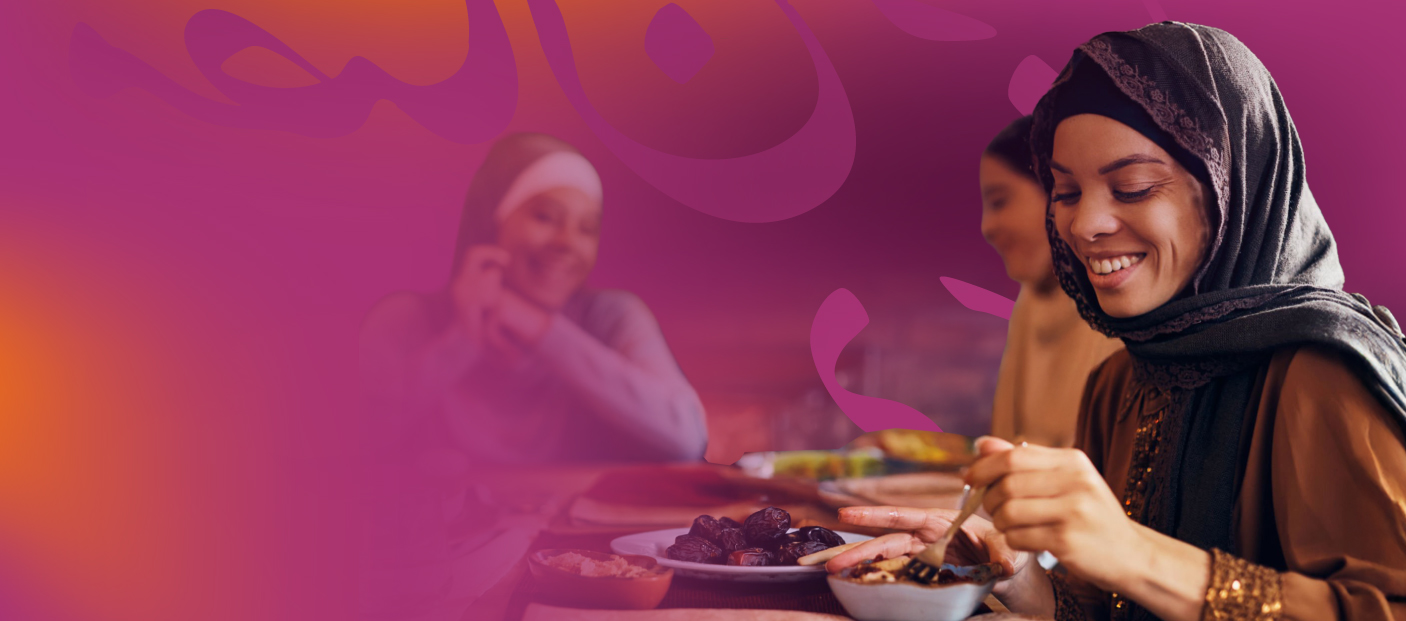






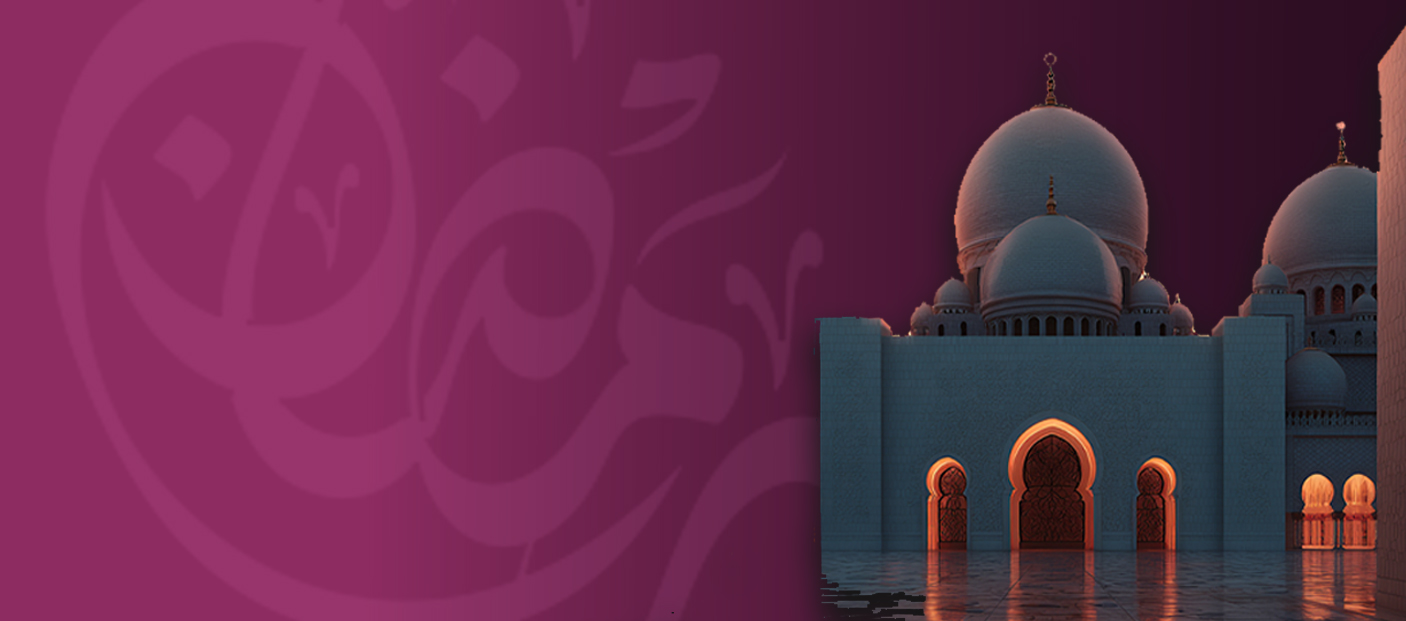
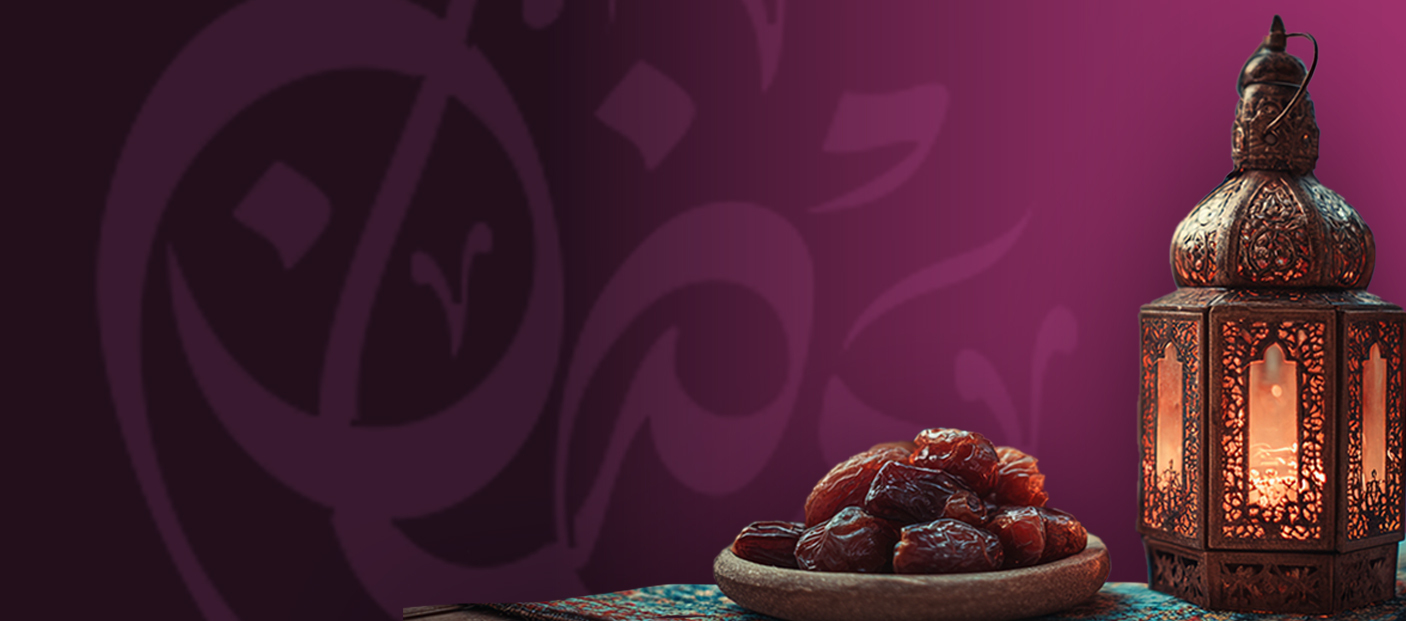

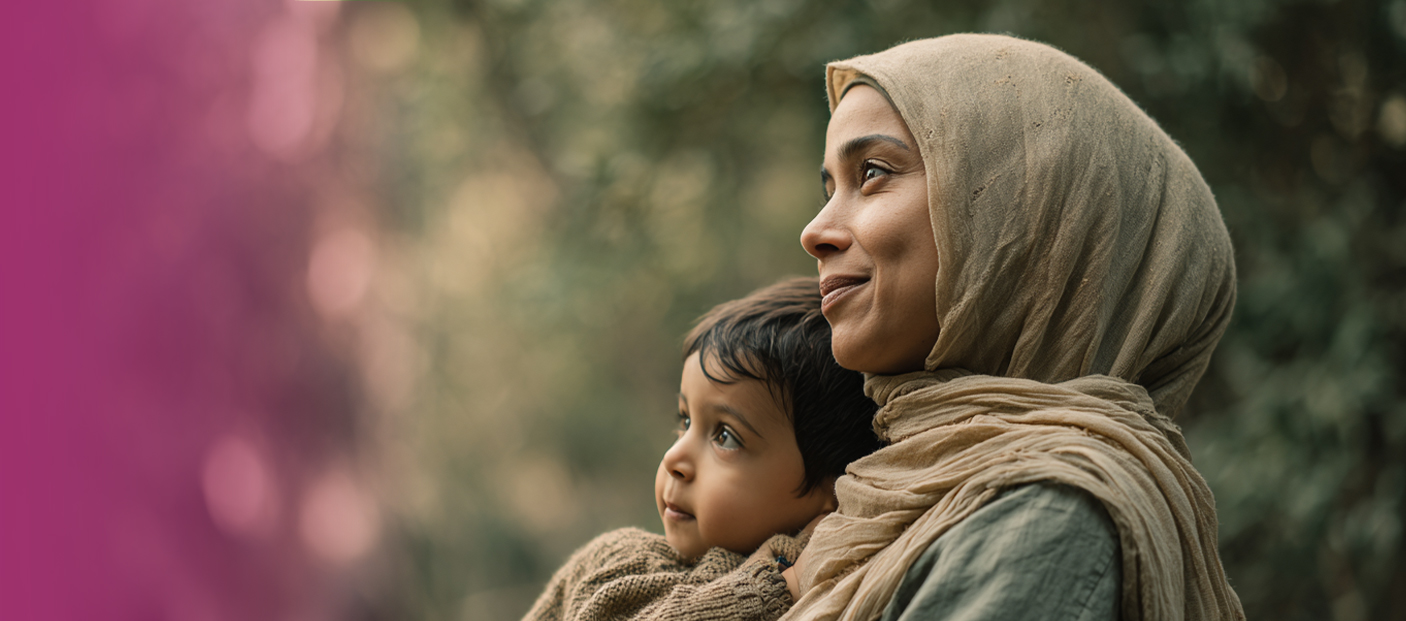
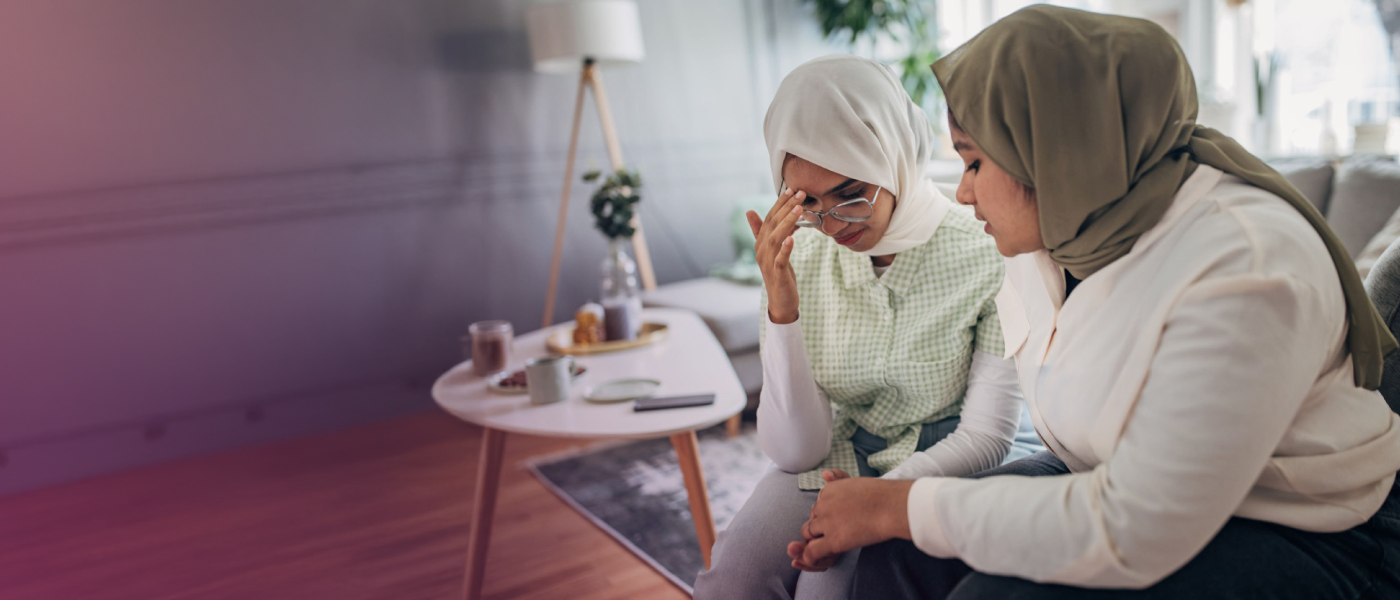


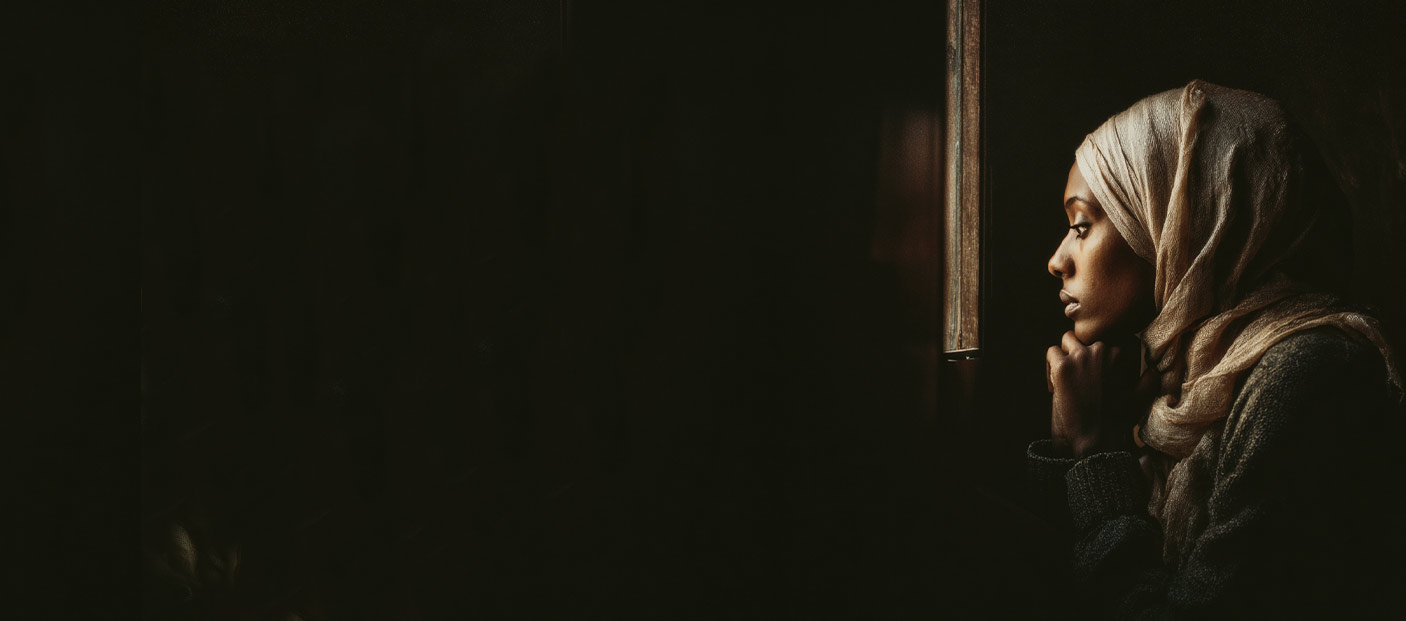






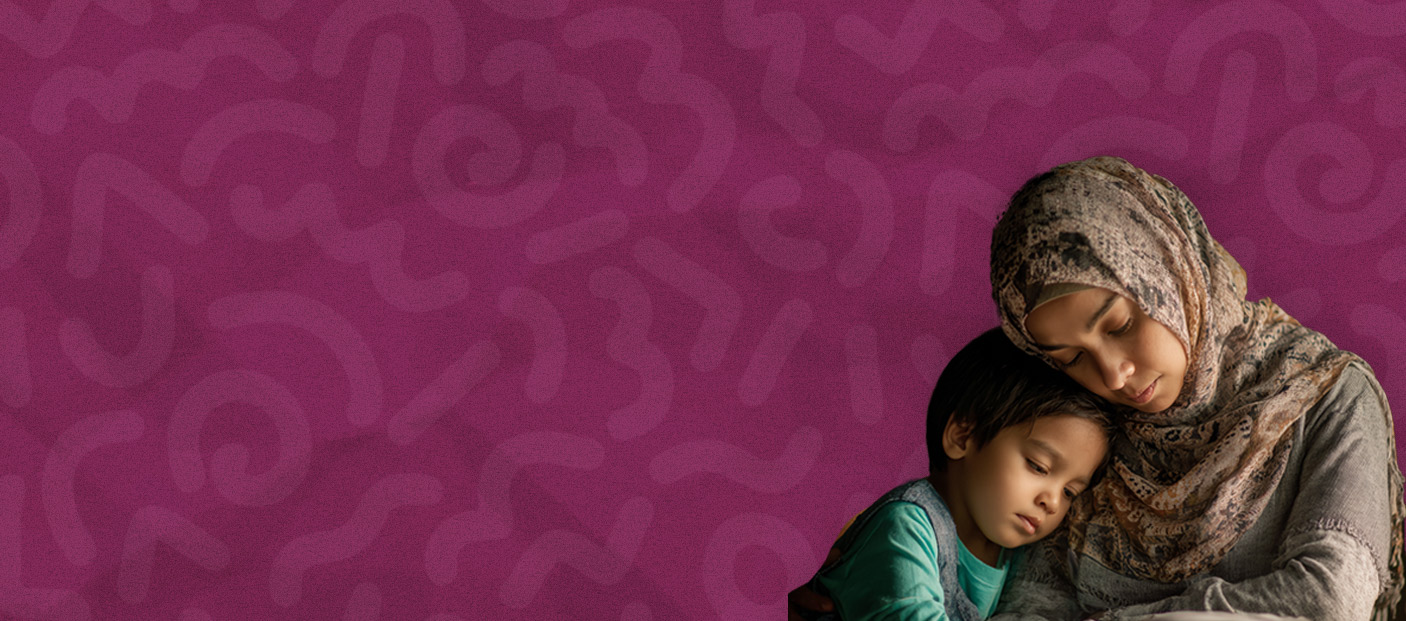


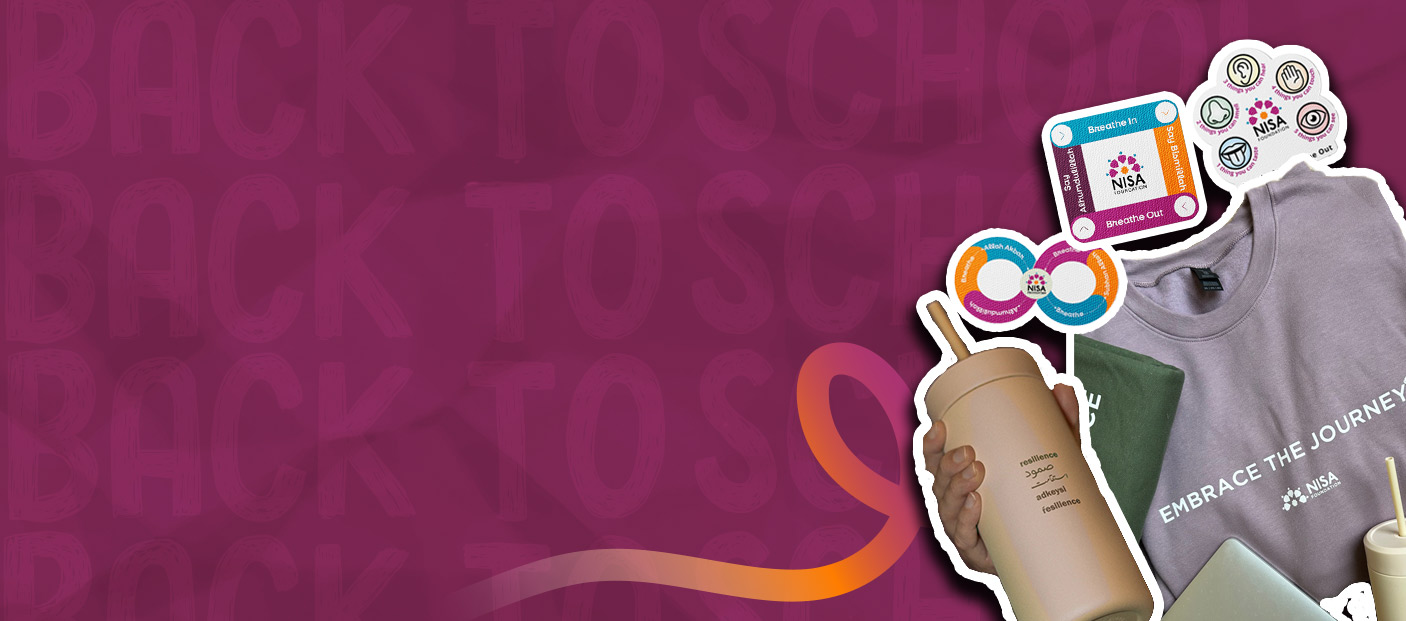







.jpg)


.jpg)

















.jpg)










